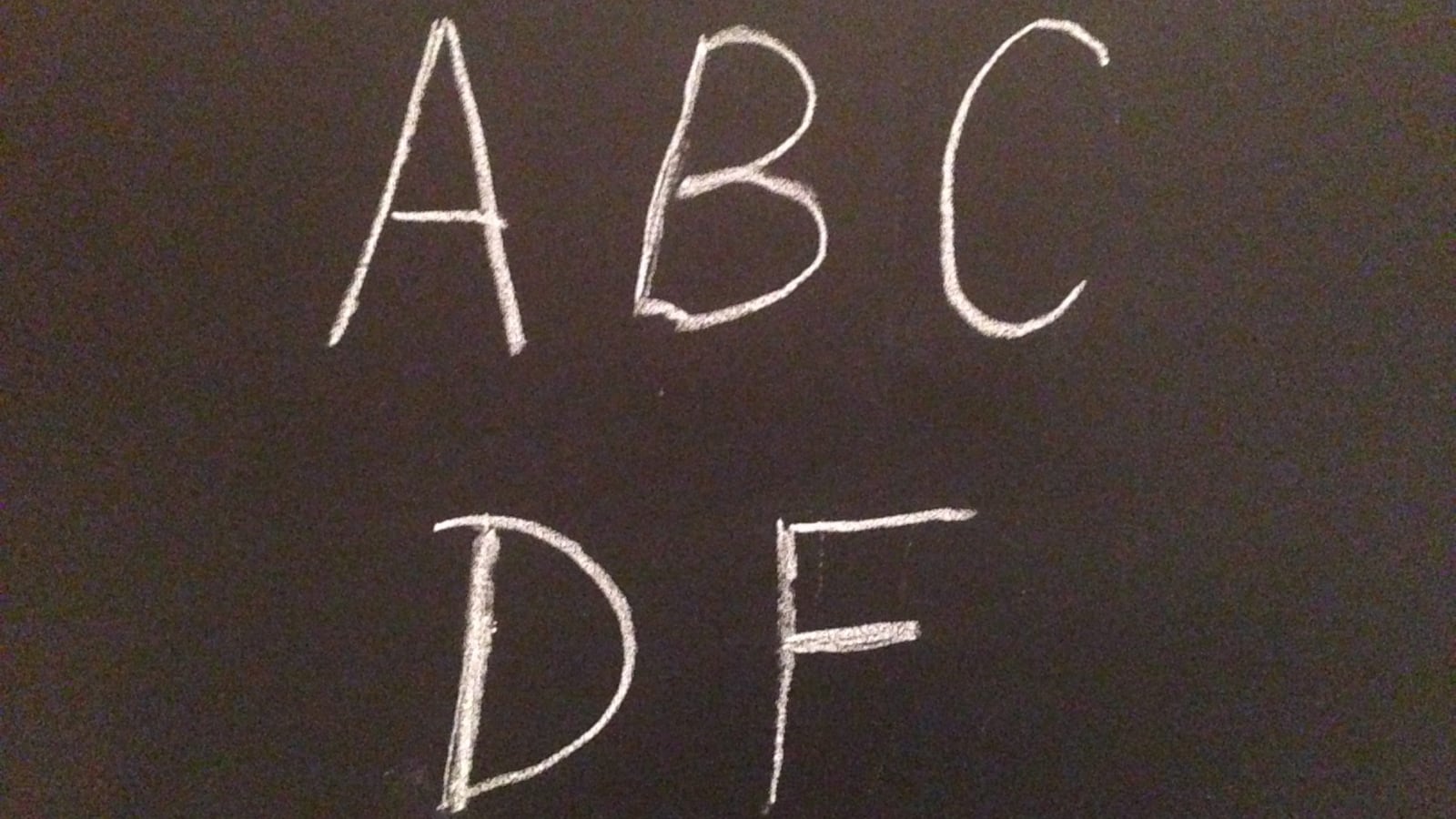Just a year after deciding that every school should get a single letter grade, Tennessee lawmakers are poised to take it back.
Last year, a bill requiring all schools to get an A-F grade starting in 2018 sailed through the legislature. Supporters said parents needed an easy tool to understand how their child’s school was performing, even as critics — including many educators — argued that school quality can’t easily be summed up by a single letter grade.
But a lot can change in a year. School grading systems have fallen out of favor in many of the 18 states that have instituted A-F systems in recent years.
And Tennessee is likely to be the latest to join them, with a bill revising the grading system appearing on track for passage after sailing through a House education subcommittee last week.
The bill, drafted by the state’s superintendents group and supported by the State Department of Education, would give schools multiple letter grades — for how much students’ test scores improve, how high the scores are, and other measures “deemed appropriate” by the department.
Schools would also get one overall rating, ranging from “exemplary” to “priority,” for schools in the bottom 5 percent statewide.
Proponents say the change is necessary to illuminate where schools are struggling and to allow their successes to shine.
“If you oversimplify with the letter grade, you prevent people from looking more deeply into what the issues might actually be,” said Wayne Miller, president of the Tennessee Organization of School Superintendents.
He compared the current grading system to giving students only a single grade on their report card, rather than separate grades for each subject. “It’s important for us to know that you struggle in language arts, but it’s not important to pull down your entire performance because of that,” Miller said.
Some lawmakers have expressed concern that the policy revision won’t help parents.

“We need something more descriptive that says ‘this school’s in trouble,’” said Rep. Harry Brooks, a Knoxville Republican who chairs the House Administration and Planning committee. “The difference between the 6th and 10th percentile is not a lot.”
Lawmakers in the full education committee signaled Monday that they will advance the bill.

